Apple on Friday picked up more high-profile support in its court battle with the FBI over unlocking the iPhone of San Bernardino shooter Syed Farook, namely in the form of Zeid Ra'ad Al-Hussein, the United Nations' high commissioner for human rights.
"In order to address a security-related issue related to encryption in one case, the authorities risk unlocking a Pandora's Box that could have extremely damaging implications for the human rights of many millions of people, including their physical and financial security," said Al-Hussein in an official statement.
The commissioner suggested that there were other ways of pursuing the investigation without subverting iPhone security, and worried that criminals or malicious governments could potentially exploit any vulnerabilities in the platform, especially if a legal precedent is set.
"It is potentially a gift to authoritarian regimes, as well as to criminal hackers," he said. "There have already been a number of concerted efforts by authorities in other States to force IT and communications companies such as Google and Blackberry to expose their customers to mass surveillance."
Al-Hussein drew special attention to the fact that encryption is essential for human rights activists, journalists, whisteblowers, and political dissidents, and that lives could be threatened not just on an individual level but on the larger scale of national or international security, despite organizations like the FBI saying bypassing encryption is needed to prevent terrorism.
On Thursday Apple received a flood of legal support from corporations, security experts, and others. One backer was the U.N.'s Special Rapporteur for freedom of expression issues, David Kaye.
Though the U.S. government has supporters on its own side as well, statements, letters, and amicus briefs should help Apple as it prepares for a March 22 court hearing, when the order for Apple to bypass the passcode limit on Farook's phone will be subject to review.
 Roger Fingas
Roger Fingas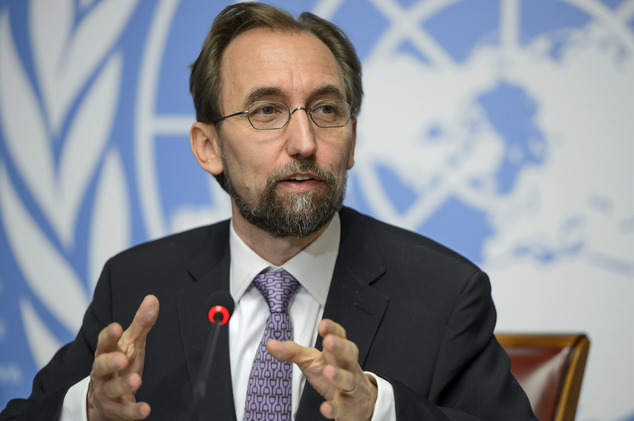







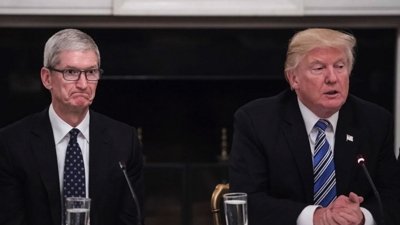
 William Gallagher
William Gallagher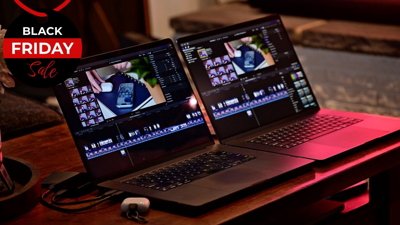
 Christine McKee
Christine McKee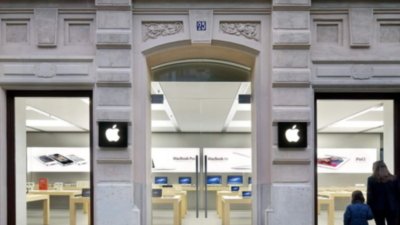
 Stephen Silver
Stephen Silver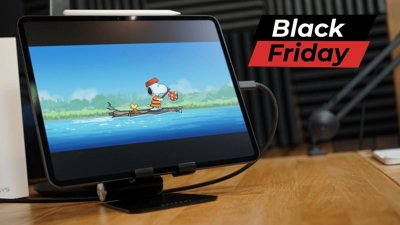

 Charles Martin
Charles Martin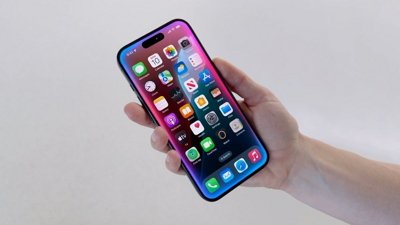


 Amber Neely
Amber Neely








31 Comments
Unfortunately, these days, his name will cause many in this country to dismiss anything he say without thought.
Believe it or not, the UN has no jurisdiction over the US. His opinion is noted.